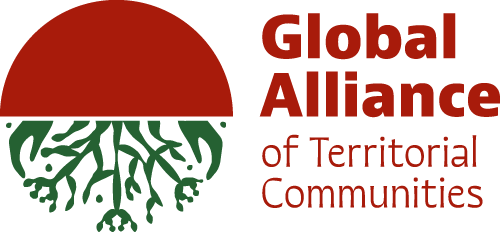The Guardians of Tomorrow safeguard the richness of our biodiversity
Indigenous Peoples and Local Communities are essential to protecting our food systems, yet they are under severe threat from industrial agriculture and rampant land grabbing. Commodities like soy, palm oil, and cattle, which dominate global agriculture, are fueling widespread deforestation, soil degradation, and the loss of biodiversity. We are using our strength to demand recognition of our traditional knowledge, as it is crucial to transforming food systems, making them more resilient, sustainable, and capable of nourishing our bodies today and for future generations.
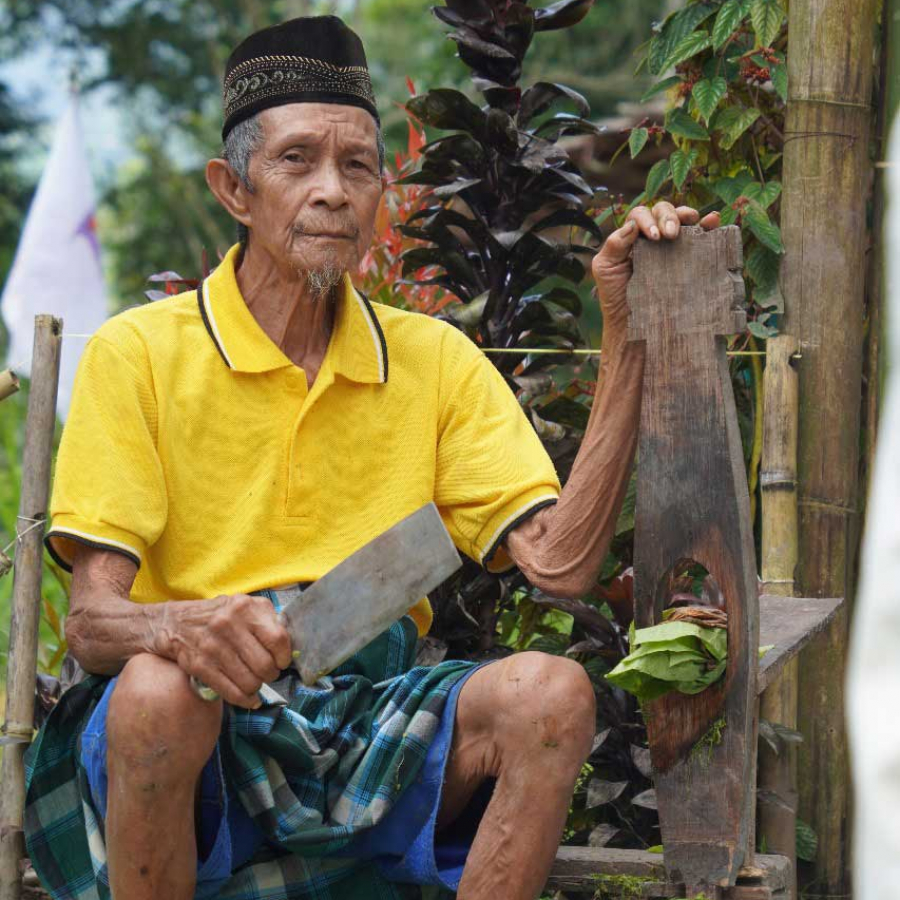
photo: Kalfein Wuisan
Here’s a closer look at how the global food system is impacting biodiversity and ecosystems:

Our global food system is a major cause of biodiversity loss. In fact, agriculture puts 24,000 out of 28,000 species (86%) in danger of extinction.
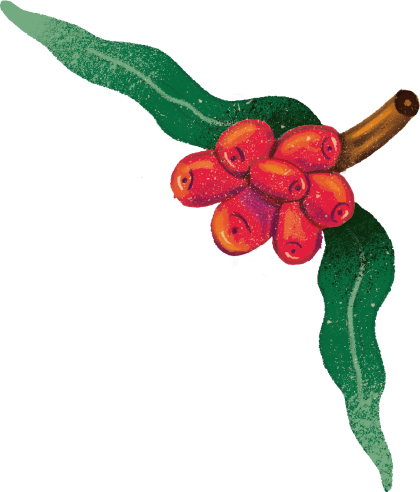
The global food system is also having a severe impact on our forests and the biodiversity they support. Large-scale commercial agriculture is responsible for 40% of the deforestation in tropical and subtropical regions.
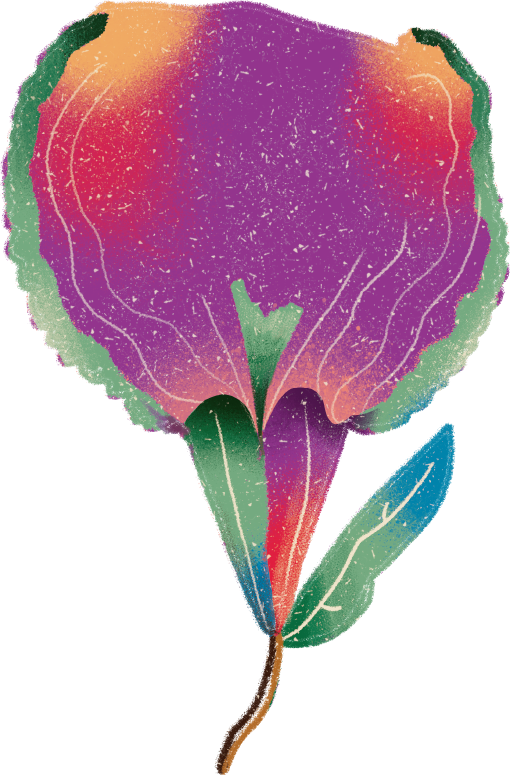
While there are 6,000 plant species used for food, nine—like wheat, rice, and soy—represent 66% of global crop production. Right now, only about 170 species are widely grown for food.
Preserving the Future
The role traditional knowledge plays
As Indigenous Peoples, we are the guardians of vital knowledge that sustains food systems and biodiversity. Our traditional practices, which nurture thousands of varieties of a single species, reflect our belief in diversity as an intrinsic value of food systems, exemplifying our deep understanding of biodiversity and sustainable land management. Western science has proven that we manage ecosystems that play a crucial role in climate change mitigation and provide essential ecosystem services, fostering resilience and community well-being. To safeguard our invaluable knowledge, we demand that international conventions recognize Indigenous seed varieties and associated knowledge as intellectual property, ensuring fair benefit-sharing and protecting our cultural heritage from exploitation and misappropriation.
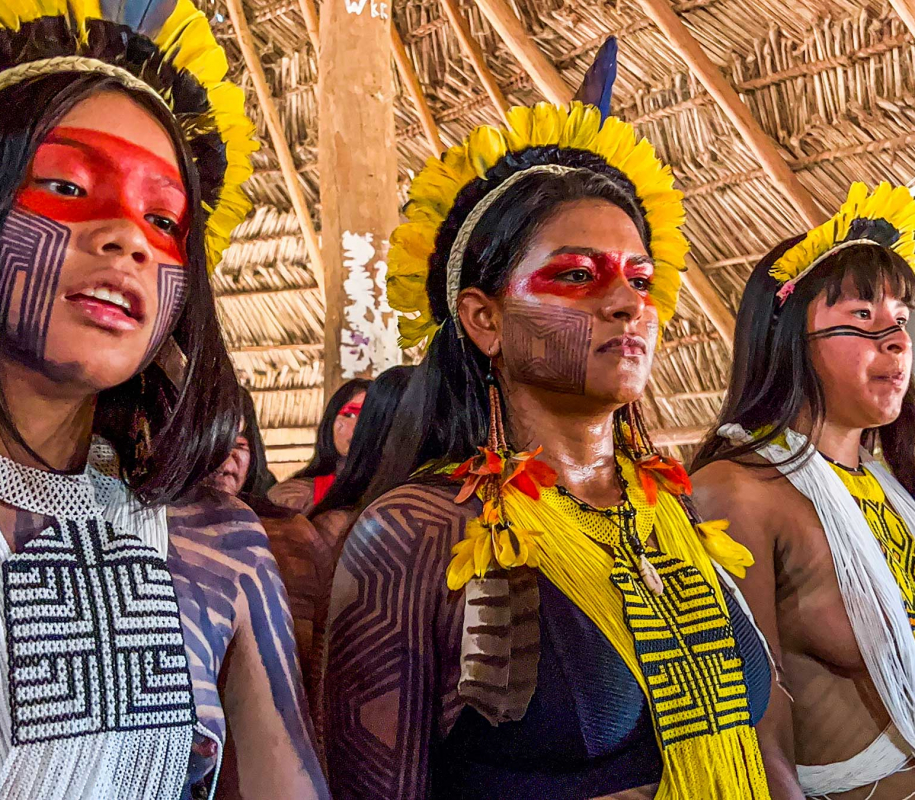
photo: Kamikia Kisedje
These recipes offer a window into ancient traditions, where food becomes a way to connect with the land, the plants, and the beings that surround us:
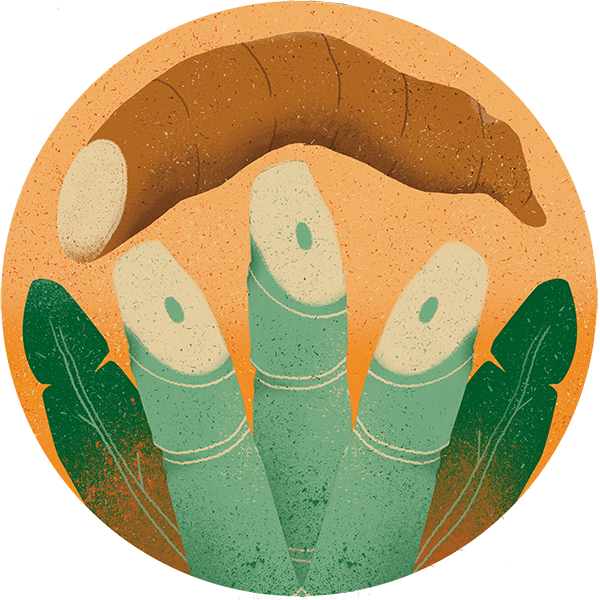
Cauim
Ancestral Beer of the Pataxó People
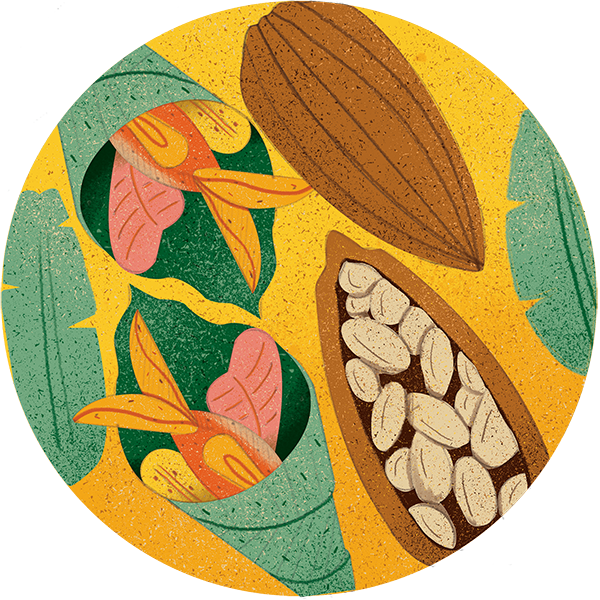
Bododji
Traditional Dish of the Emberá People
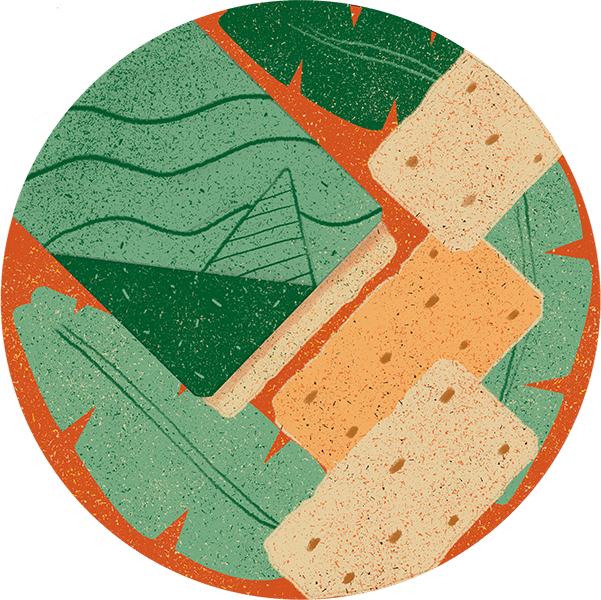
Nasi Campur Bali
A Traditional Balinese Mixed Rice Dish
COP16 & Beyond
Protecting food systems and biodiversity for future generations
From the perspective of Indigenous Peoples and Local Communities, COP16 presents a crucial moment to protect our food systems and the knowledge that sustains them. Our traditions, built over generations, are the foundation of resilient and sustainable food systems that nurture not only our communities but the biodiversity of the lands we call home. We have always understood the intricate balance between the land, the plants, and the animals that surround us. Our seeds, our cultivation methods, and our food practices are key to maintaining this harmony and ensuring food security for the future. At COP16, we claim our rights to land, to be active members of the processes happening in our territories, and to protect the connections between the spaces and seeds that nourish both today and tomorrow.
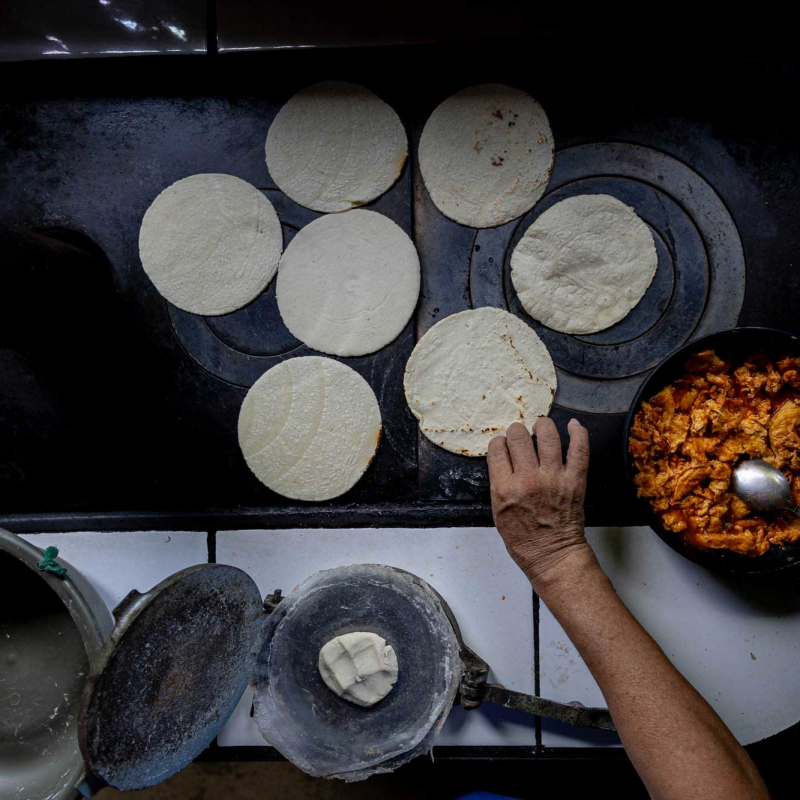
photo: Cesar Arroyo Castro
To keep up with news from the indigenous and local community guardians, sign up here.
Contact us
General inquiries:
email hidden; JavaScript is required
Press & media:
email hidden; JavaScript is required
Rainforest Foundations US is our fiscal sponsor. For any letters and parcels, please direct to:
Rainforest Foundation US
P.O. Box 26908
Brooklyn, NY 11202
